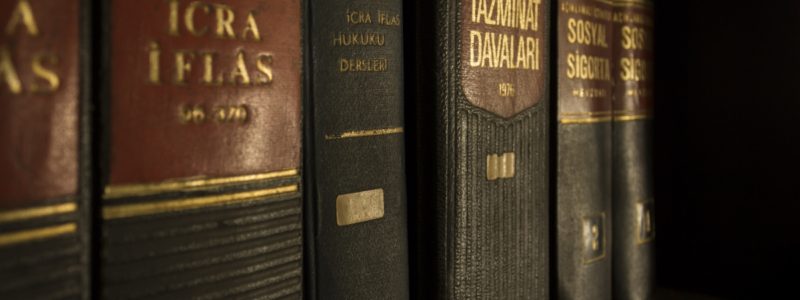
WHAT ACTUALLY HAPPENS TO COSTS IN WILL DISPUTE AND WILL CONTEST CLAIMS
Will claim Solicitors, specialist no win no fee will dispute and will contest Solicitors, discuss how costs are really dealt with in Will dispute and Will contest claims
Contesting a Will with Willclaim.com – who really pays our costs?
We considered in a previous blog the different ways of funding these cases to include no win no fee arrangements. For information about this the following link should assist: The costs of challenging a will – Will Claim Solicitors
However, what is not often properly understood is who pays our costs?
It is often the case that no win no fee arrangements are so “generously” worded that clients or potential clients (and forgivably so) are lead to believe that they won’t pay anything at all. Not so! The whole basis of the no win no fee arrangement is that if there is a “win” then costs as described by the particular terms and conditions at play, become due for payment. Of course and as is the case with our no win no fee arrangement, you, as the client, will not have to pay directly and we of course will also wait for any property to be sold before asking for our fees. Invariably then our costs under a no win no fee arrangement are paid by the estate.
Pre-trial under a no win no fee arrangement in Will dispute and Will contest claims, costs are paid by the estate – so does this mean any settlement sum is completely unaffected?
With a heavy dose of “smoke and mirrors” we can say to you that any settlement sum you receive is unaffected by our costs. However, it will be a rare settlement indeed where your opponent simply agrees to pay all of your costs and seemingly unrealistic when he/she is not being forced to pay them (which would otherwise occur at the end of a trial to the loser). Yet perversely in fact this is what he/she agrees to do when the settlement is agreed.
So exactly how can these two apparently conflicting positions be reconciled? They can’t both be right? Yes they can. It all boils down to semantics. Invariably the settlement involves the payment of a lump sum (or percentage of the estate). This constitutes a win so our costs become payable out of the sum available. Effectively then your opponent is paying our costs; alternatively, and as now must be clear, our costs are paid by the estate.
What about if we win at trial?
Before we delve into this it is important to recall some of the issues one faces in taking a case to a trial (and thereby the dangers of doing so). I am reflecting on this since it might be tempting to try and avoid what some might consider to the “costs-trap” I raise above and thus enhance or increase the sum which might be available by achieving a “victory” at trial rather than settling in advance of it.
A brief list of the dangers associated with a trial
• most obviously that you don’t win – there is always a “litigation risk” (for example, we dealt with one case where it appeared our critical witness must have been suffering from some form of dementia – not obvious at the outset – as he couldn’t recall the writer at all!)
• time and stress (it could take over 2 years to get to a trial)
• a possible appeal (more wasted time and yet more risk)
• if you cannot secure ATE insurance and/or a Barrister under a no win no fee arrangement, then you will have to meet the cost of the Barrister will have to be met in advance and you won’t have any costs protection if you lose – “unrecovered costs” – you simply won’t get all of your costs back even if your opponent is ordered to pay your costs and in certain circumstances this could mean the entirety of your award is swallowed up (by your own unrecovered costs).
A further complexity is that the court can make orders for costs which don’t require your losing opponent to pay yours and whereby effectively you contribute to your opponents costs
Yes, even if you win you could end up paying an element of your opponents costs. For example where you have unreasonably refused to engage in ADR (including a mediation):
Halsey v Milton Keynes General NHS Trust [2004] EWCA Civ 576 (11 May 2004) (bailii.org)
There are other situations unique to Will disputes and Will contest claims where the court can find that it was reasonable for the parties to the dispute to have brought the claim to its attention because of certain issues with the Will (in which case it could order that each party bears its own costs) or where it finds that the testator or those persons interested in the residue of the estate have been the cause of the claim, it can order that the parties costs are borne by the estate. Authority for this can be found in Kostic v Chaplin and others [2007] EWHC 2909 (Ch):
Kostic v Chaplin & Ors [2007] EWHC 2298 (Ch) (15 October 2007) (bailii.org)
If you consider any of these facts and matters are of interest, are likely to apply to you, or you would like to ask us for more information about our no win no fee arrangement, or you simply want us to assess your claim, then please do not hesitate to contact us for a confidential no strings chat and/or visit us at www.willclaim.com.
We provide details about our no win no fee arrangements at https://www.willclaim.com/no-win-no-fee/